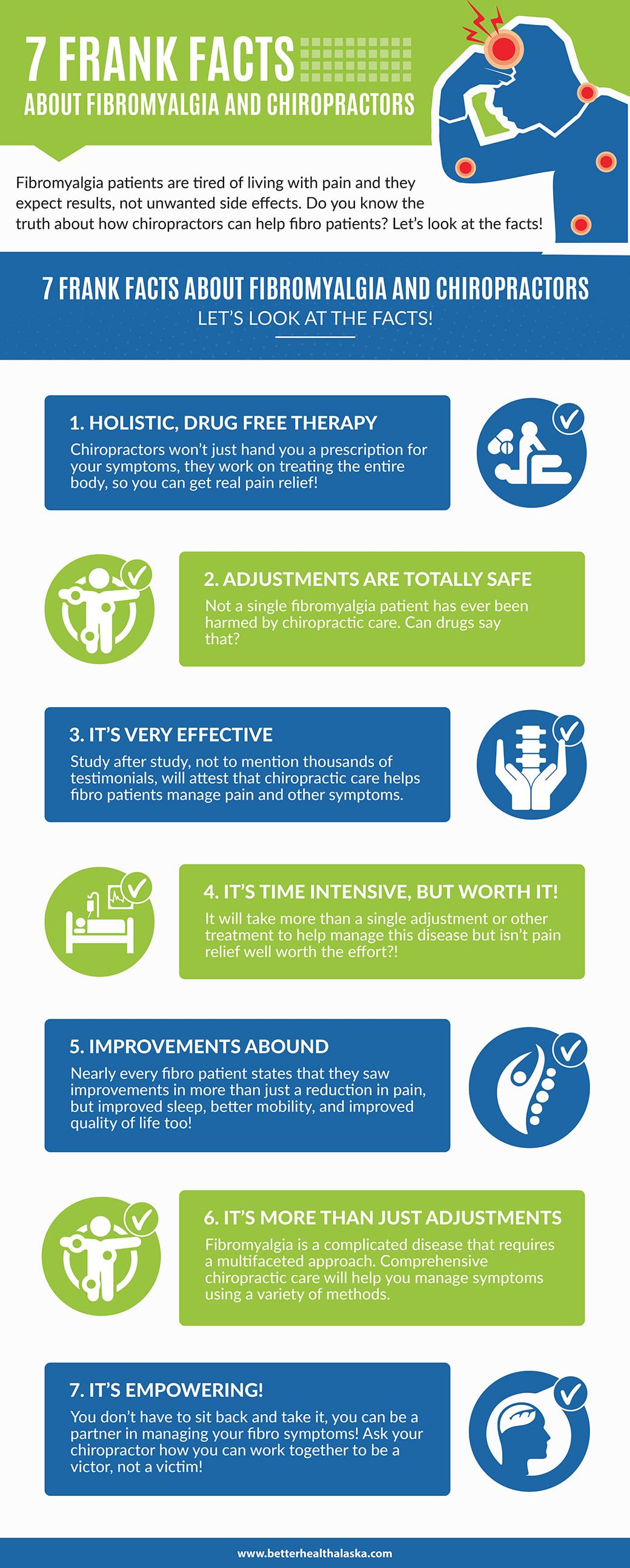The Impact Of Diet Plan On Neck And Back Pain Monitoring: Foods To Include And Foods To Omit
The Impact Of Diet Plan On Neck And Back Pain Monitoring: Foods To Include And Foods To Omit
Blog Article
Write-Up By-Mcclure Wiese
When it involves managing your pain in the back, the food selections you make can substantially influence exactly how you really feel on a daily basis. Envision having the ability to ease your discomfort just by changing what you consume. By understanding the role of nourishment in neck and back pain monitoring and recognizing which foods to incorporate or steer clear of, you can take positive steps in the direction of a healthier and more comfortable lifestyle. The link between nourishment and back health is much more extensive than you might recognize-- let's discover just how particular foods can either calm or aggravate your neck and back pain.
Importance of Nourishment in Back Pain
Nutrition plays a vital duty in handling neck and back pain. Your diet plan can dramatically impact swelling degrees and general discomfort degrees in your back. Taking in a well balanced diet regimen abundant in nutrients like vitamins D and K, calcium, magnesium, and omega-3 fats can help in reducing inflammation and enhance bones, which are vital for back health.
Additionally, maintaining a healthy and balanced weight through appropriate nutrition can reduce tension on your spinal column, reducing the risk of back pain.
Furthermore, certain nutrients like antioxidants discovered in fruits and vegetables can assist battle oxidative stress and promote recovery in the body, including the back muscular tissues and spine.
On the other hand, taking in extreme amounts of processed foods, sweet drinks, and harmful fats can add to inflammation and weight gain, worsening neck and back pain.
Foods to Eat for Back Health And Wellness
To support a healthy back, integrating nutrient-rich foods right into your everyday meals is vital. Including foods high in anti-oxidants like berries, spinach, and kale can help reduce inflammation in your back, relieving discomfort and discomfort. Omega-3 fatty acids located in fatty fish such as salmon and mackerel have anti-inflammatory residential properties that can profit your back health.
In addition, consuming nuts and seeds like almonds, walnuts, and chia seeds gives vital nutrients like magnesium and vitamin E, which support muscular tissue feature and reduce oxidative stress. Integrating lean proteins such as poultry, turkey, and tofu can aid in muscle repair and maintenance, promoting a solid back.
Do not neglect to include dairy or fortified plant-based alternatives for calcium to support bone health and wellness. Finally, back conditions with plenty of water to keep your spinal discs moisturized and operating ideally. By consisting of these nutrient-dense foods in your diet regimen, you can nourish your back and support general back wellness.
Foods to Avoid for Pain In The Back
Go with avoiding processed foods high in added sugars and trans fats when looking for remedy for pain in the back. These sorts of foods can contribute to inflammation in the body, which might exacerbate pain in the back. Say no to sweet snacks like candy, pastries, and sugary drinks, along with junk food products like hamburgers, fries, and fried poultry that are often filled with trans fats.
Additionally, stay away from foods consisting of high degrees of polished carbs, such as white bread, pasta, and breads, as they can surge blood sugar level levels and possibly get worse swelling in the body.
It's also important to limit your intake of foods high in hydrogenated fats, like red meat and full-fat dairy items, as they can contribute to inflammation. Processed foods like deli meats, chips, and packaged snacks are commonly high in hydrogenated fats and need to be eaten in moderation.
Verdict
To conclude, focusing on your diet and making clever food choices can have a significant influence on taking care of neck and back pain. By incorporating nutrient-rich foods like berries, fatty fish, nuts, and lean healthy proteins, and preventing processed and sugary things, you can help reduce swelling and support in general back health and wellness. Bear in mind, what you eat plays an essential duty in how you really feel, so make certain to prioritize your nourishment for a healthier back.
